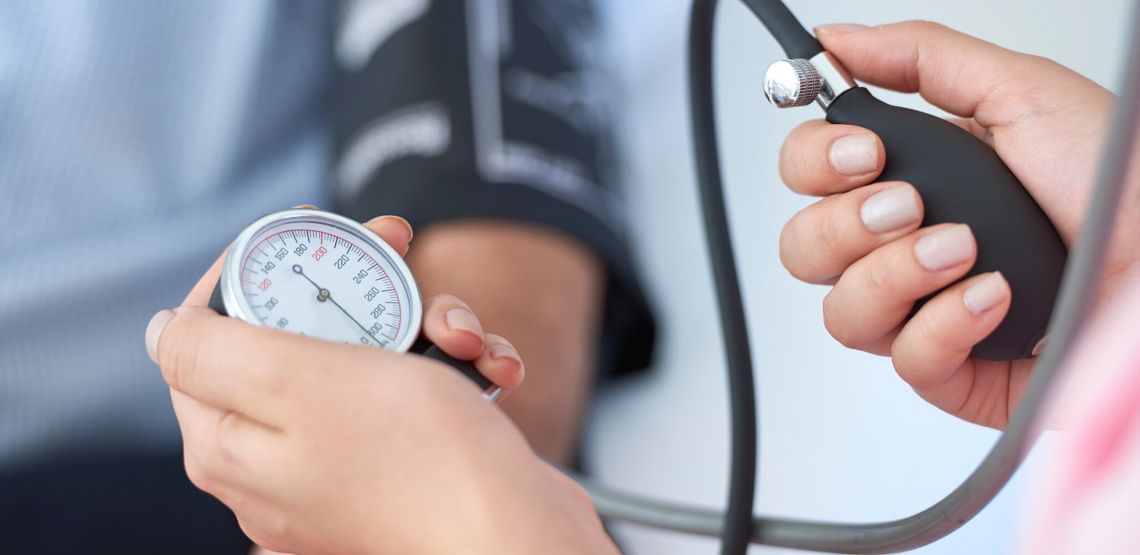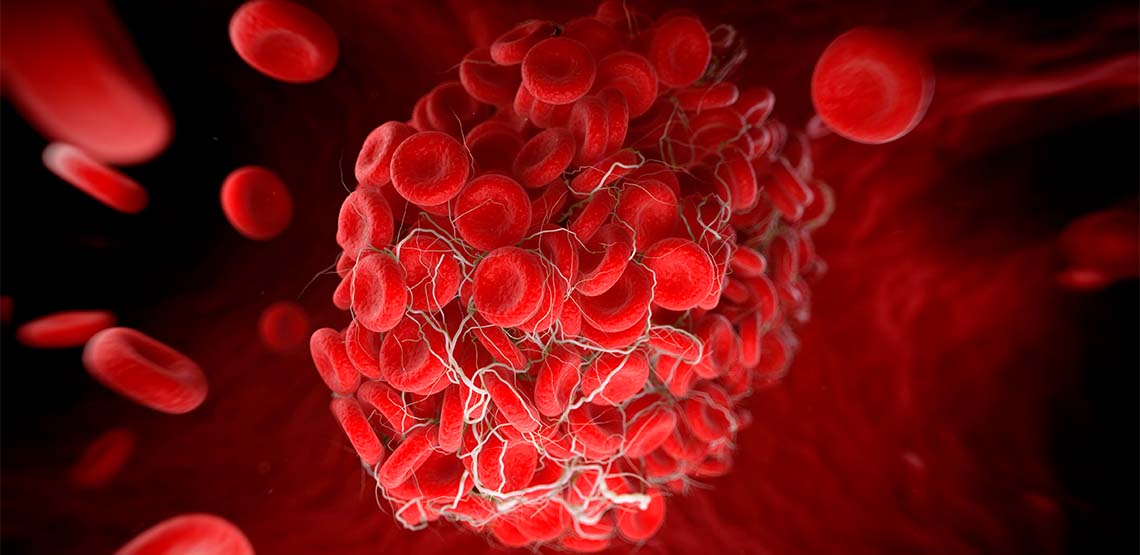The Relationship Between Anxiety and Blood Pressure
Anxiety and blood pressure are two common conditions which often go hand in hand, but does anxiety cause high blood pressure, or vice versa?
In this article, we explore the links between blood pressure and anxiety and what you can do to keep them under control.
How Are They Linked?
There is a complex relationship between the two. In some cases, anxiety can lead to high blood pressure (hypertension).
Although it does not cause long-term hypertension, anxiety can cause temporary spikes in blood pressure, which can sometimes be significant. Furthermore, some anxiety medications such as serotonin and norepinephrine reuptake inhibitors (SNRIs) can cause high blood pressure as a side effect.
People with anxiety may also be more prone to engage in activities which can raise blood pressure. These include:
- Smoking.
- Drinking alcohol.
- High caffeine intake.
- Overeating.
- Lack of exercise.
Equally, having high blood pressure can lead to anxiety as patients may worry about the long-term effects on their health.
How Do They Affect One Another?
Anxiety releases stress hormones such as cortisol and adrenalin. Our bodies have evolved to produce these hormones under stressful conditions as part of the “fight or flight” response. They prepare us to make fast decisions and take swift action. Part of this involves sending more blood to the muscles by raising blood pressure.
This response is very useful if you need to escape a predator, but is less helpful in the modern world. When we experience stress and anxiety on a daily basis, repeated rises in blood pressure could eventually do more harm than good. Over time, these spikes in blood pressure could harm the blood vessels, heart and kidneys.
On the other hand, high blood pressure can also cause anxiety. Many patients with this condition worry about the long-term health implications as it is associated with serious problems such as heart attacks and strokes.
There is also a common phenomenon known as “white coat hypertension.” This describes patients whose blood pressure increases when they have it tested by a doctor. This is most likely due to feeling nervous in the doctor’s office, although some people may not be aware that they feel this way.
How to Reduce Symptoms
Fortunately, there are many different ways to reduce both of these at the same time. Most of these are simple lifestyle changes that will contribute to better health overall.
Related Search Topics (Ads)
Maintain a Healthy Weight
Keeping your body weight at a healthy level is one of the best things you can do for high blood pressure. Although it may not impact anxiety directly, managing your weight may help to put your mind at ease thanks to its overall positive impact on your health.
Exercise
As well as helping with weight management, exercise is one of the best ways to keep your blood pressure under control. The good news is that you do not need to run a marathon to benefit. Just 30 minutes of moderate exercise a day is enough to make a difference.
Furthermore, exercise is great for reducing anxiety and stress. Walking in nature, yoga and tai chi are all great activities for working out the body while calming down the mind.
Diet
Diet is another important factor in reducing blood pressure. The Mediterranean diet and DASH diet are two especially good examples. Both include plenty of fresh fruit and vegetables, whole grains and healthy fats.
Eating well is also a good way to decrease anxiety. Choose foods that release their energy slowly, as sudden drops in blood sugar can cause anxiety and irritability. Coincidentally, many of the foods in the Mediterranean and DASH diets do just that!
Relaxation
Relaxation techniques such as breathing exercises, meditation and mindfulness are all great ways to reduce anxiety and, therefore, keep your blood pressure down.
There's also the option of a therapy weighted blanket. They are filled with small weights, usually plastic pellets, to create a gentle pressure on the body. This pressure, also known as Deep Touch Pressure (DTP), can promote relaxation, reduce stress and improve sleep quality. Therapy weighted blankets are typically heavier than regular blankets, usually ranging from 5 to 30 pounds, and come in various sizes to fit the user's body.
If none of those appeal, choose an activity that you find relaxing such as taking a warm bath, reading a book, knitting, or painting.
Sex
Not only is sex great exercise, but it also releases a variety of “happy hormones” to help combat stress and anxiety. If you experience anxiety related to intimacy, consider therapy to find the root cause of your issues and address them.
Sleep
Getting a good night’s sleep is one of the best ways to reduce anxiety, which in turn should keep your blood pressure under control. Lack of sleep is also linked to weight gain, which as we know, is a leading cause of hypertension.
When to See a Doctor About Anxiety and Blood Pressure
In most cases, high blood pressure does not cause any symptoms. However, in severe cases, it could produce symptoms which are similar to those of anxiety. These include:
- Headaches
- Dizziness
- Nausea
- Light-headedness
If you experience any of these symptoms, it is a good idea to get them checked out by a doctor. In the majority of cases they will be nothing to worry about and your physician will be able to put your mind at rest.
Even if you do not suffer from anxiety or high blood pressure, it is advisable to have regular check-ups to ensure you are in the best possible health.
Article Resources
- Mayo Clinic (Anxiety: A cause of high blood pressure?)
- Blood Pressure UK (White coat hypertension (and white coat effect)
- Harvard Health Publishing (7 ways to reduce stress and keep blood pressure down)
- Psychology Today (Why Do Anxiety and High Blood Pressure Go Hand-In-Hand?)
- MedicalNewsToday (What is the link between anxiety and high blood pressure?)
- NCBI (Association between anxiety and hypertension: a systematic review and meta-analysis of epidemiological studies)
- NCBI (Anxiety, Stress-Related Factors, and Blood Pressure in Young Adults)


